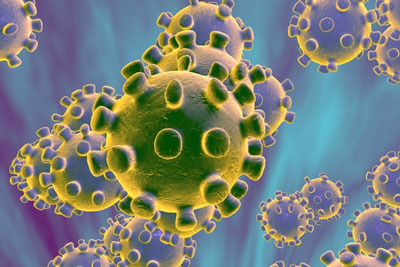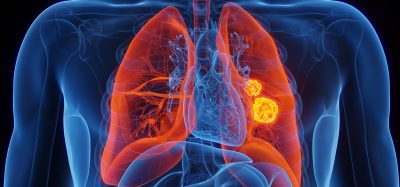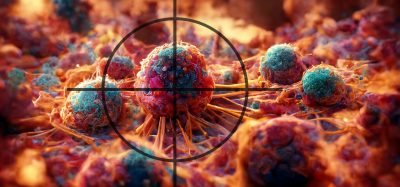Roche Diagnostics’ new assay identifies HTLV virus I/II infection
Posted: 22 July 2015 | Victoria White
Roche’s Elecsys immunoassay, a diagnostic test to detect antibodies against Human T-lymphotropic virus (HTLV) type I or II, is now available on the market…


Roche’s Elecsys HTLV-I/II immunoassay, a diagnostic test to help detect antibodies against Human T-lymphotropic virus (HTLV) I or II infection in donated blood and routine diagnostic samples, is now available on the market.
Designed for the needs of blood centres and clinical laboratories for reliable and efficient detection of this infection, the test enhances Roche’s blood screening portfolio in serology testing. This test complements the most comprehensive diagnostics offering for blood safety solutions available on the market today.
“Globally there are around 20 million people infected with HTLV-I/II, many of whom are unknown carriers. If the virus is undetected in donors, the risk of spreading the infection increases,” said Roland Diggelmann, Chief Operating Officer of the Roche Diagnostics Division. “Roche is uniquely positioned to help blood centres improve their testing efficiency, based on our broad assay portfolio and integrated molecular and serology laboratory solutions.”
There is currently no treatment to eliminate HTLV from the body
The HTLV type I and II are retroviruses that have infected approximately 20 million people worldwide. They can be transmitted from mother to child via breastfeeding, through hetero- or homosexual intercourse, sharing contaminated needles, or via contaminated blood products. HTLV-I is the more clinically relevant of the two viruses and has been directly associated with the life-threatening disease adult T-cell leukaemia/lymphoma (ATLL) and the life-debilitating condition HTLV-associated myelopathy/tropical spastic paraparesis (HAM/TSP). An HTLV infection persists lifelong and there is currently no treatment to eliminate the virus from the body.
Thanks to its excellent sensitivity, the Elecsys test minimises the likelihood of missing early or chronic HTLV infections, therefore, reducing the risk of transmission. Its high specificity facilitates a clear and consistent interpretation of results at all disease stages with a minimal need for re-testing, providing maximum efficiency gains for the laboratory and patient safety. Moreover, the efficient test procedure enables healthcare professionals to run a single test within 18 minutes, ensuring the safe and timely supply of blood products.








